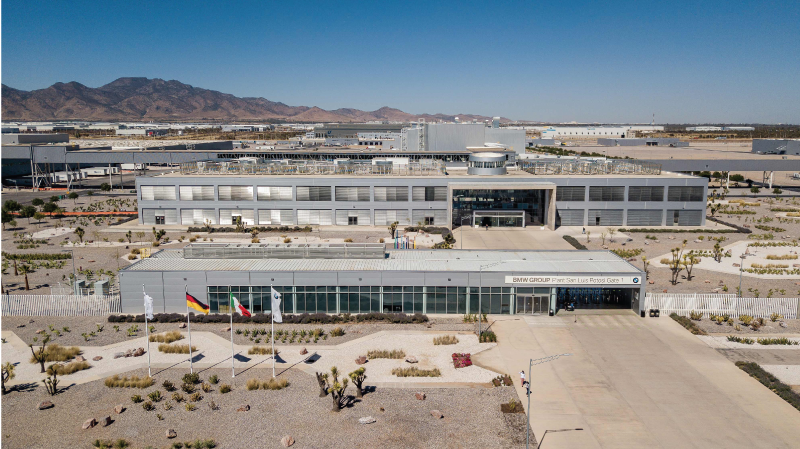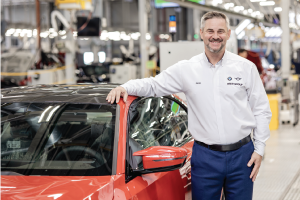BMW San Luis Potosí

Challenge

Solution
The team took the view that The EFQM Model could help them get through the pandemic. It could help the plant become a benchmark for sustainable production. And it could help deliver high-quality products and attract the best talent.
In short, leaders felt the team could use The EFQM Model to deliver an actionable strategy to secure the future of the plant and attract more investment from the BMW Group.
And they were right.
Applying The EFQM Model – in particular by applying the RADAR logic (Result – Approach – Deployment – Assess – Refinement) has helped the plant to exceed stakeholder’s expectations ever since.
The team recently won awards for quality and sustainability and BMW is certified as a top employer company in Mexico by the Top Employers Institute for 3 consecutive years.
So BMW Group Plant San Luis Potosí is now very well placed to cope with new challenges like the shift towards autonomous driving, electrified cars, and increased competition from China.
But it wasn’t always easy.
Following the initial self-assessment and foundation training, some managers initially found the RADAR logic too complicated.
However, once the team started to demonstrate the results that RADAR was helping them to generate, the plant realised that the structure of RADAR was an effective route to implement the strategy and achieve solid results along with sustainable performance.
RADAR is now used to drive strategy at every level of the organisation. Everyone from process specialists to interns have embraced the RADAR logic for their projects.
BMW Group Plant San Luis Potosí is now going from strength to strength, including:
● Successful launches of the BMW 2 series coupé, and the BMW M – two models that are only produced in Mexico – leading to three awards by JD Power for the quality and attractiveness of the BMW 2 series coupé.
● The lowest energy and water consumption, and the lowest CO2 emissions per car produced, across the global BMW production network and recognised as the most resource efficient plant.
● Being ranked among the Top5 most attractive companies in Mexico by university students.
These achievements were partly why BMW Group decided to invest another 800 million Euros in the future of San Luis Potosí to produce electric vehicles and batteries based on BMW’s “NEUE KLASSE” all-electric architecture.
BMW Group Plant San Luis Potosí is shaping the structural transformation to electromobility in the heart of the automotive cluster region of Mexico.
The plant is on its journey to be a benchmark not only in Mexico, but the BMW production network and the global automotive industry.
The EFQM Model powered the BMW Group Plant San Luis Potosí to become the youngest manufacturing plant in the world ever to be recognised for it’s sustainable performance within the EFQM Global Award.
